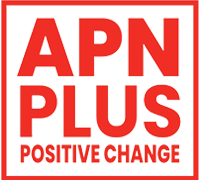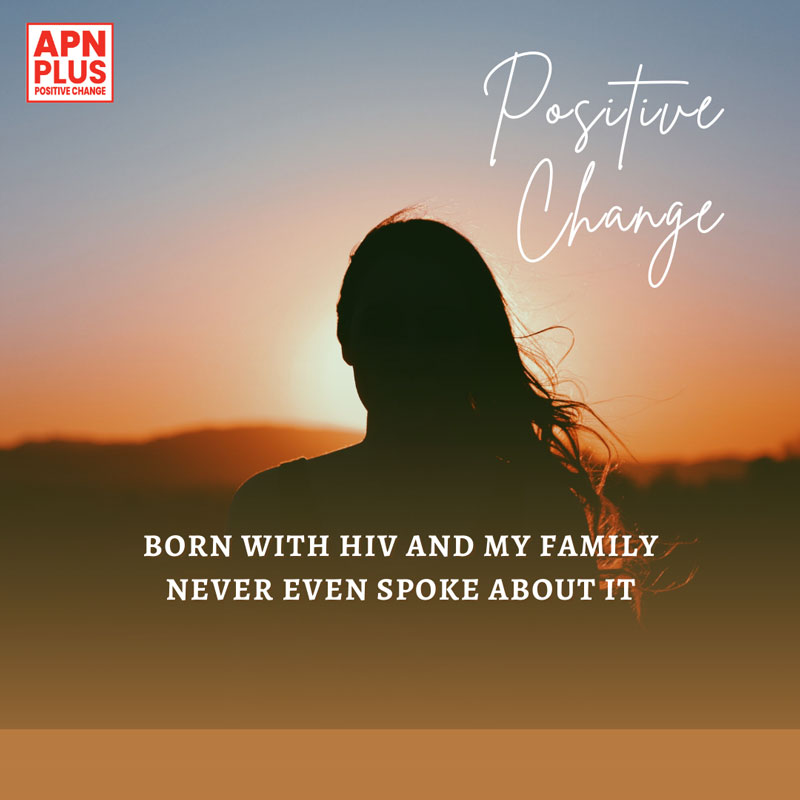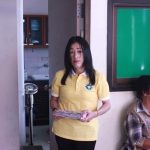According to data from the Ministry of Health of the Republic of Indonesia, HIV cases affecting children in Indonesia have reached 12,553 since 2020. The majority are under four years old with 4,764 cases. HIV cases in children do not only occur in Indonesia but also in various countries in the Asia Pacific. Approximately 21,000 infants are born with HIV annually in the region, with more than 200,000 children growing up with HIV.
Children are not to be blamed for being infected with HIV. However, most children are exposed to HIV because their parents do not know their HIV status. Most children living with HIV are also raised by relatives such as grandmothers, aunts and even neighbors, because their parents have died since they took their first breath.
“The doctor asked me many times, have I ever done any risky behavior? When I said no, the doctor was surprised and seemed to judge me. That’s when my grandmother told the truth: that I had contracted HIV from my parents who had already died.”
Angel (not her real name), a 24 years old girl from Indonesia, tells the story about the first time she found out she was HIV positive. She shares her story of surviving with HIV to achieve her dreams for the future.
“I was diagnosed with HIV when I was born. I got it from my parents. They left me when I was a baby. When I didn’t know what was happening to me, my grandmother always said that this (antiretroviral medicine) is a vitamin that I have to take every day so I don’t get sick easily.”
“I heard about my HIV status when I was 17 years old. At that time, I was being treated at the hospital while being accompanied by my grandmother. In the room, the doctor told me that I was HIV positive. He asked me if I had ever engaged in any risky behavior. I answered never, because to be honest I have never done anything sexually, not even dating someone. Finally, my grandmother explained the true story to the doctor: that I had gotten infected with HIV from my parents who had died. Then and there I was shocked, because it turned out that what my grandmother had been telling me were vitamins were actually antiretroviral medicines that I have to take regularly for the rest of my life.”
“It took me a long time to accept all of this. I was very sad and wondered why my grandmother did not initially tell me the truth. In fact, every time I asked my grandmother about my parents, my grandmother would always avoid the conversation. I understand now that there are positive reasons my grandmother hid my HIV status from me. Stigma and discrimination against people living with HIV in Indonesia are still very high. My grandma prioritized my safety from people who might hurt me.”
HIV-related stigma and discrimination significantly impacts the health, lives and well-being of people living with or at risk of HIV, especially key populations. The Global AIDS Strategy 2021-2026 has prioritized the realization of human rights and elimination of stigma and discrimination by including new global targets that UN Member States have committed to as part of the 2021 Political Declaration on HIV. Yet, people living with HIV and key populations continue to face unfair treatment, rejection, abuse and even violence in various settings, including in their communities, healthcare, workplace, justice and education systems.
“After I understood what happened to me, I learned a lot about how to live as a person with HIV through peer support groups. It turned out that I was not alone. I had the opportunity to meet friends with the same HIV status. We learned how to support each other, and we remind each other to take our antiretrovirals every day. I feel like I get strength to carry on with my life from my friends who are my new family, especially when my grandmother passed away.”
“I know that I can’t choose my destiny perfectly, but I have to be wise in making decisions every day. I don’t want to make wrong decisions like my parents did.”
“As a young woman living with HIV, I hope that no more children will be born with HIV like me. Because they should not bear the consequences of their parents’ negligence. I suggest that all parents pay more attention to their health conditions, such as carrying out routine HIV checks. If their HIV status is positive, they must be open to their partners and take antiretroviral treatment regularly. And if they want to have children, they need to make sure they consult a health care provider.”
Founded in 1994, the Asia Pacific Network of People Living with HIV (APN+) places people living with HIV at the decision-making table and at the center of designing, delivering and monitoring the HIV AIDS response across the Asia Pacific. Through its work, it is helping to achieve the global targets of zero new HIV infections, zero discrimination and zero AIDS-related deaths. It also actively promotes the principle of leaving no one behind. Join us and help us end the AIDS epidemic as a public health threat by 2030.





